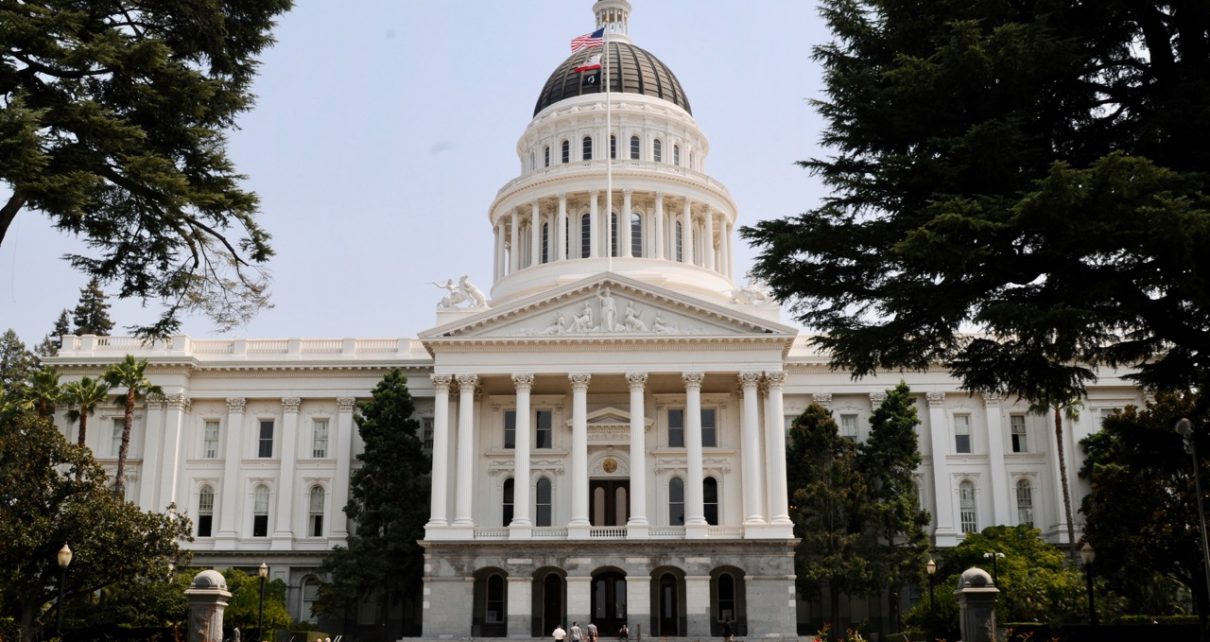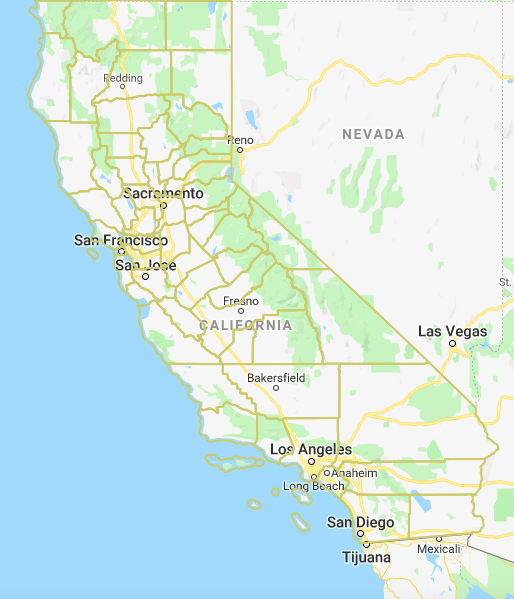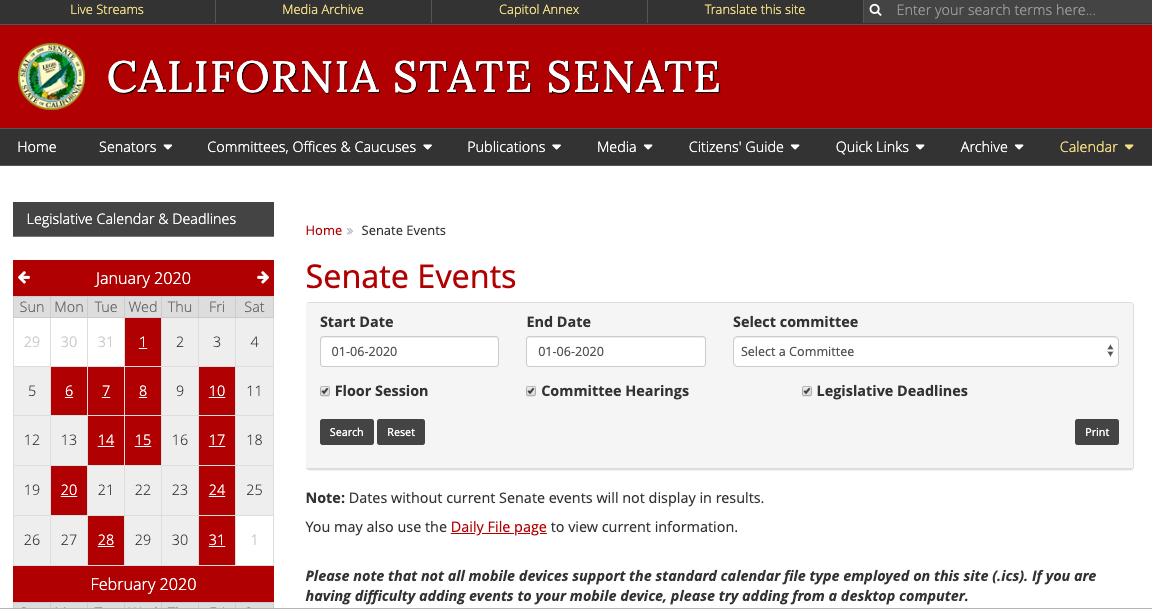
California State Capitol (Photo: Kevin Sanders for California Globe)
Regular vs. Special Sessions in the California Legislature
Dispelling misconceptions of when the Legislature can meet
By Chris Micheli, October 23, 2019 5:03 am
The California Legislature can meet in regular, special or joint sessions. A “session” is the designated period of time in which the Legislature meets. A “joint” session, which can occur in a regular or special session, is one in which both houses (Assembly and Senate) meet for a specified purpose. Due to its physical size, joint sessions are normally held in the Assembly Chamber.
There is a misconception that the Assembly and Senate always meet separately. However, the Assembly and Senate may meet together in a joint session. The purpose of a joint session is to receive special information, such as the Governor’s State of the State address or to hear from a foreign dignitary.
The Constitution provides the dates of convening and adjourning the regular session. Other than that, the Legislature has freedom to set its own calendar of meetings and recesses. Generally, the Legislature begins meeting the first week in January each year and concludes its work for the year either in mid-September (odd-numbered year) or August 31 (even-numbered year).
In terms of the period of time in which the Legislature meets, they may do so in either regular or special session. A “regular” session is the one convened in December of the even-numbered year. Pursuant to Article IV, Section 3(a) of the state constitution, “the Legislature shall convene in regular session at noon on the first Monday in December of each even-numbered year and each house shall immediately organize. Each session of the Legislature shall adjourn sine die by operation of the Constitution at midnight on November 30 of the following even-numbered year.”
A “special” session, on the other hand, is one convened pursuant to a proclamation issued by the Governor. Pursuant to Article IV, Section 3(b) of the state constitution, “on extraordinary occasions the Governor by proclamation may cause the Legislature to assemble in special session. When so assembled it has power to legislate only on subjects specified in the proclamation but may provide for expenses and other matters incidental to the session.”
A common misconception is that the Governor can call a special session for any reason. However, under Article IV, Section 3(b), it is “on extraordinary occasions” that the Governor by proclamation can force the Legislature to assemble in special session. This is also the reason why “special sessions” are formally called “extraordinary sessions”.
Another common misconception is that the Legislature must enact bills when called into special session. While the Legislature must convene the special session once it has been called by the Governor, there is no legal requirement that any legislation be enacted, nor even be voted upon. But the constitution does limit what the Legislature can consider during a special session — “it has power to legislate only on subjects specified in the proclamation, but may provide for expenses and other matters incidental to the special session.”
Aside from the fact that a special session is limited to the subject matter for which it was called, there are no significant differences in legislative process between a regular and special session. However, the effective dates for bills enacted during a special session are somewhat different than those for a regular session. Regular session bills, except urgency clause bills that take effect when the Governor signs them, generally take effect on the following January 1. On the other hand, special session bills take effect on the 91st day after adjournment of the special session,
Finally, note that regular sessions of the Legislature, and any special sessions not previously adjourned, are adjourned sine die at midnight on November 30 of each even-numbered year. As such, neither a regular nor a special session will continue indefinitely.
- Exemptions from Tax Withholding in California - July 23, 2024
- General Provisions of California’s Evidence Code - July 22, 2024
- Judicial Notice Under the California Evidence Code - July 21, 2024




